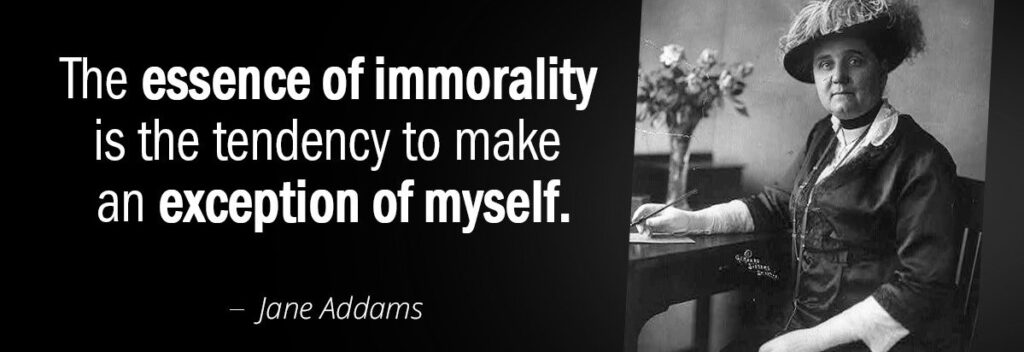What about this one? “Man has no advantage over the animal.” Anyone who knows their Bible knows they are both wrong. The destiny of those born-again, the sheep, is with the Lord; that of the goats—eternal destruction.
And unlike the animals, mankind is made in the image of God. So both statements are false. But both are in the Bible! (See Ecclesiastes 9:2 & 3:19.) Confused?

Ecclesiastes is full of such errors. Written by King Solomon before his death, it is also rich with wisdom. Some scholars believe it’s the outpouring of a confused mind—worldly thought on the one hand, and godly wisdom on the other.
Placed at the center of the Bible, I see it like the bullseye of a target, painted black to highlight the surrounding white. It reflects the contrasting mindsets we all wrestle with. But it’s more than this.
The antidote
It’s also a heads-up for careful Bible study. We dare not take every verse literally, but consider each in the light of all Scripture. Many passages seem to be inconsistent with God’s love, placed there for our reflection and encouragement to read the whole, not just the part.
There’s another danger. If King Solomon, the wisest king, could fall into such confusion, what a warning for us more humble mortals! The cause of his decline? Idolatry.
Solomon became distracted by political correctness, marrying hundreds of wives. To keep the peace, he allowed their idols and even bowed down to them himself.
Are we falling into the same trap? Compromise and political correctness are fear of man; faithfulness and trust are fear of God. Let us not become confused.









